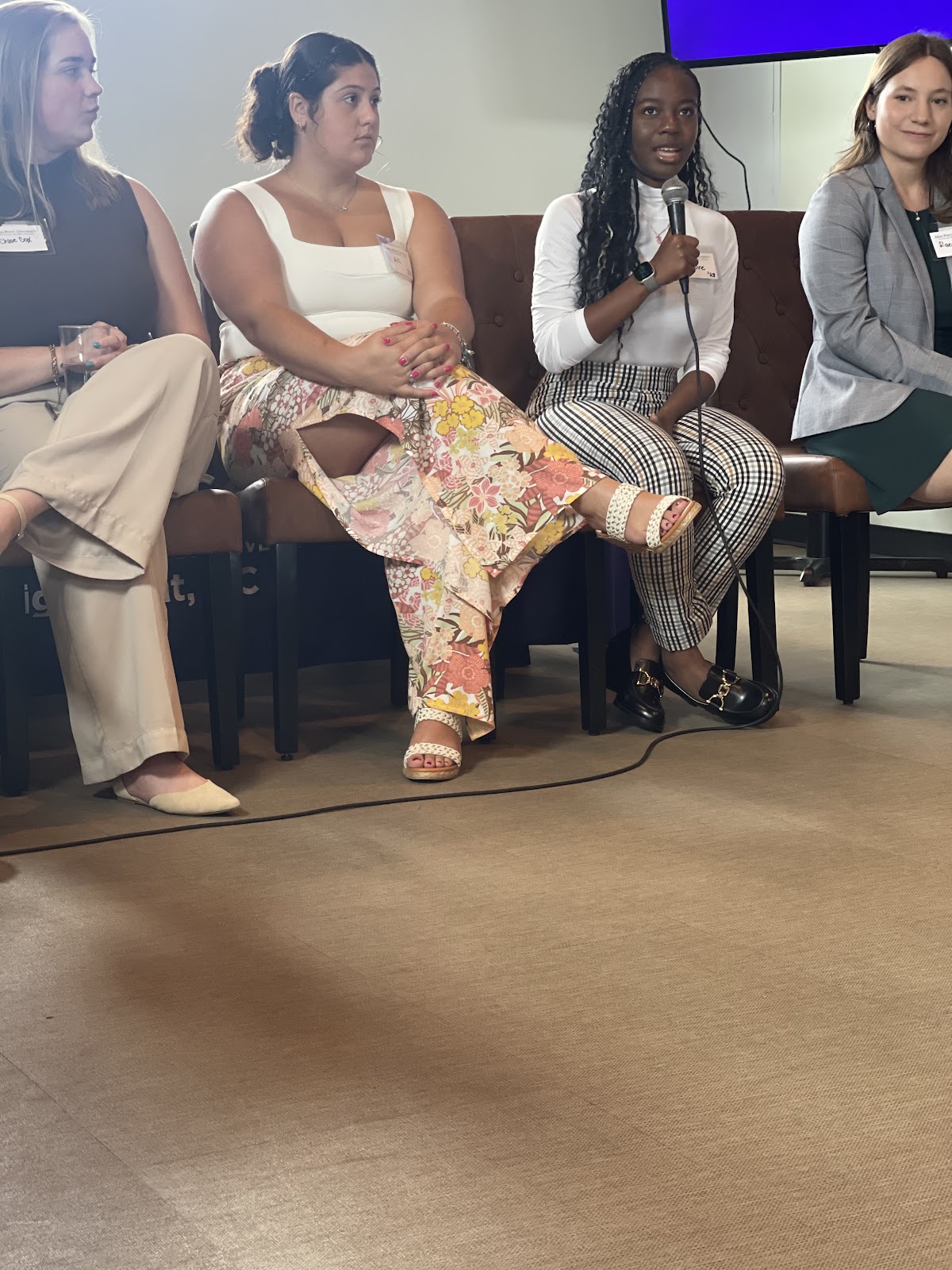Since the Stone Age, when humans used stone tools to hunt, prepare food, clean, and build homes, human advances in technology have continued to shape and revolutionize life as we know it. Technology has become intertwined with our society and culture, impacting the way that we communicate, work, interact with the world, and meet our needs and wants. From sundials to intricate and complex cell phones and self-driving cars, technology has been a crucial part of our everyday lives. This is especially true today, in the 21st century, a time where it is nearly impossible to go an entire day without interacting with technology of some sort.
There is no doubt that improvements in technology have positively impacted our lives, but is all of its impact good? Technology’s relationship with society is a complicated one, filled with both positives and negatives.
Positive Effects
Technology has produced many positive impacts across nearly every aspect of daily life. This includes communication, access to information, healthcare advancements, and economic growth.
Apps like Zoom, WhatsApp, and GroupMe have greatly improved communication and interaction. During the pandemic, companies, businesses, and even schools relied on Zoom to communicate. People could continue to connect, talk, and work with one another from the comfort of their living room or bed during an unprecedented, scary period when nearly no one was allowed out of their homes. During the shutdown, Zoom’s usage surged by 500% because it enabled people to interact and continue projects and work that they might have otherwise halted.
Additionally, technologies such as the Apple and Fitbit watches have improved the health of many people. In fact, research has shown that using a Fitbit can potentially help promote healthier lifestyles for people by encouraging them to be proactive in monitoring and improving their physical activity. Further, the watches allow people to be mindful of their heart rate, sleep, and even detect irregularities.
Other technologies, like Magnetic Resonance Imaging, or MRI machines, allow medical professionals to detect and diagnose disease as well as monitor the progress of treatment, ultimately improving patient care and outcomes.
Negative Effects
Although technology has had monumental beneficial impacts, our increased reliance on and creation of new technology also come with a host of different problems.
One problem that has been produced by our growing dependence on technology is social media addiction. Research done by Dr. Ofir Turel, a researcher in technology addiction and professor at California State University, suggests that roughly 10 percent (33.19 million in 2021) of Americans are at risk of social media addiction.
Social media addiction comes with its own set of problems, including decreased physical activity, loss of face-to-face communication, and isolation. These problems are only made worse by the rapid advancement of AI. Take, for example, the story of Sewell Setzer, a 14-year-old boy who killed himself after falling in love with an AI chatbot who convinced him to completely isolate himself from those around him.
Another problem, and one that many people do not know about, is e-waste. Do you know what happens to your electronic devices once you throw them away? Electronic waste, ranging from mobile phones to refrigerators and washing machines, is very hard to get rid of, and its disposal isn’t as easy and straightforward as it may seem. The fact is, many people have no idea what actually happens when these electronics are thrown away.
What many don’t know is that electronic waste is sent in unsustainably massive amounts to Ghana, where it’s then thrown in landfills, where workers have to extract precious metals from it with no protection at all. Once the metals (iron, copper, brass, etc.) have been removed via fire, the workers typically burn the invaluable parts down, releasing a multitude of dangerous gases into the atmosphere, and eventually breathing them, causing immense damage to their lungs and airways. The truth is, this problem is much bigger than most people realize, and the consequences are devastating, both for the environment and the people handling the waste.
My relationship with technology
As a teenager and as a college student, I would be lying if I said that my own relationship with technology is not complicated.


No comments:
Post a Comment